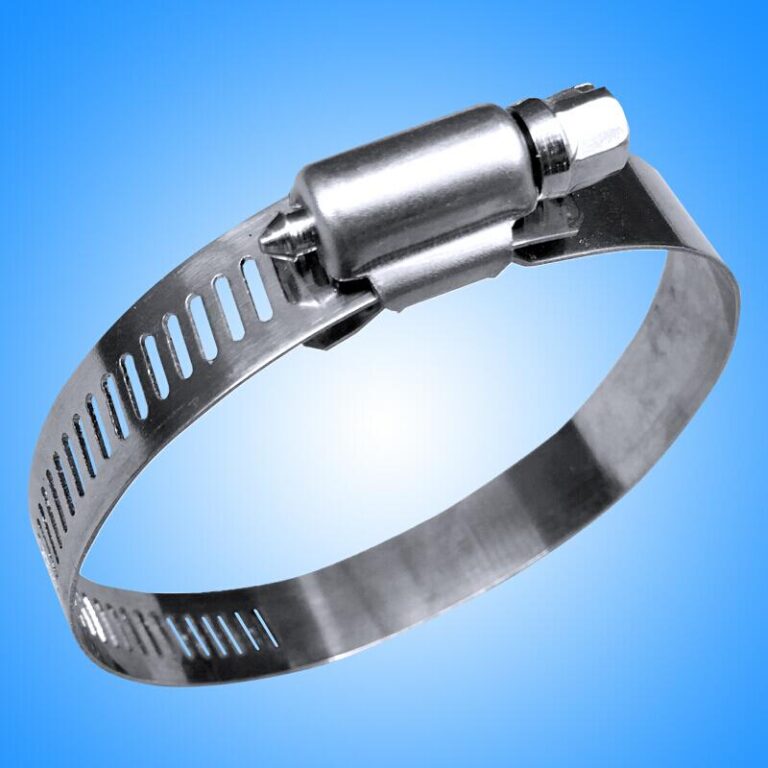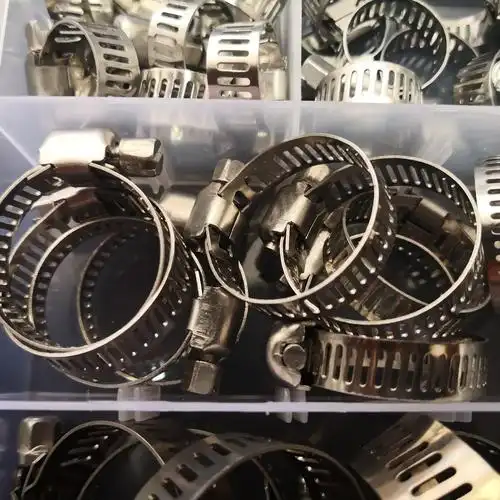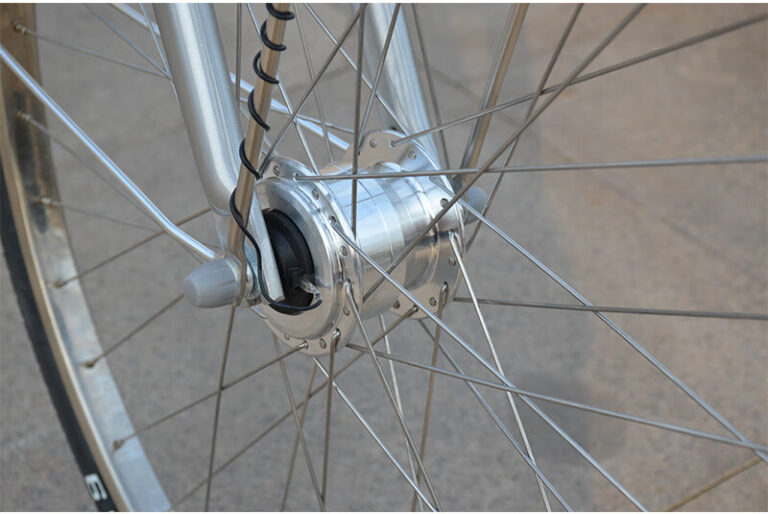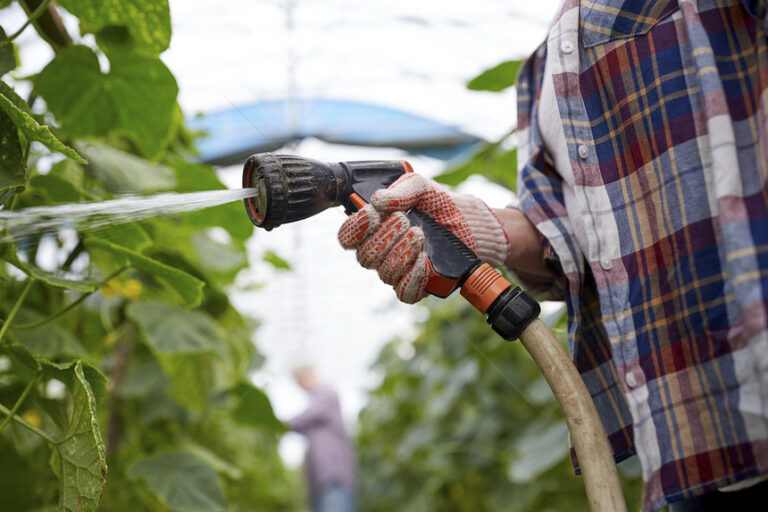Seikou 2025 Ultimate Guide to Hose Hoop Installation
As the core component of the pipeline connection system, the importance of the hose hoop is becoming more and more…
As the core component of the pipeline connection system, the importance of the hose hoop is becoming more and more prominent in the era of Industry 4.0. This article will present you with a panoramic view of the hose hoop installation technology that keeps pace with the times, from traditional installation to intelligent application.
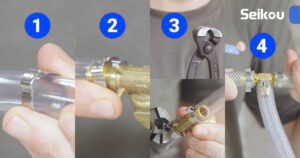
1. Evolution of Hose Hoop Technology and New Standards in 2025
In the field of industrial pipeline connection, the hose hoop has evolved from a simple mechanical fastener to an intelligent system component. The 2025 version of the ISO 17888 standard clearly requires that all industrial-grade hose hoops must have pressure sensing and self-test functions. Stainless steel is still the mainstream material, but the corrosion resistance of the new titanium-nickel alloy hose hoop has increased by 300% and has begun to be used in the field of marine engineering.
The modern hose hoop structure presents three major innovative trends: 1) embedded stress sensor; 2) self-adjusting fastening system; 3) wireless data interface. The latest smart hose hoop launched by a German company can monitor the pressure fluctuation of 0.05MPa in real time with an accuracy of military grade.
2. Intelligent installation tool system configuration
Professional installation kit should include:
Digital torque wrench (range 0.5-50N·m)
Infrared pipeline detector
Intelligent hose clamp calibration terminal
Augmented reality (AR) auxiliary glasses
Take Bosch GDS 18V-EC as an example. Its dynamic torque control system can automatically identify the hose clamp model and prompt the optimal tightening force through vibration feedback. When used with Microsoft HoloLens 3, installers can view the projection of the internal structure of the pipeline in real time.

3. Six-step precise installation method
1. Intelligent pre-inspection stage
Use the pipeline scanner to obtain the 3D model of the connection part, and the system automatically calculates the optimal hose clamp specifications. The actual measurement data of a certain automobile factory shows that this technology reduces the installation error rate by 82%.
2. Surface treatment technology
Nano-level surface treatment agent can improve the sealing performance by 40%. Processing process: plasma cleaning → silane coupling agent coating → 120℃ thermal curing, the whole process must be completed in a clean environment.
3. Dynamic calibration technology
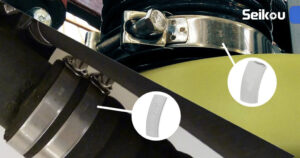
The new hose clamp needs to be paired with the calibration terminal via Bluetooth. Taking the Gates 5500 series as an example, its built-in six-axis gyroscope can detect installation angle deviation with an accuracy of ±0.5°.
4. Intelligent tightening control
Apply force in three stages:
Pre-tightening stage: 30% rated torque
Calibration stage: The system automatically compensates for pipeline deformation
Final tightening stage: Automatically lock after reaching the set torque
5. Real-time monitoring system
Start the self-check mode after installation, and judge whether the resonance frequency is within the safe range through spectrum analysis. A petrochemical project case shows that this technology successfully warns 87% of potential leakage risks.
6. Digital acceptance process
Generate an NFT certificate containing installation parameters, 3D model, and test report, which is permanently stored on the blockchain platform.
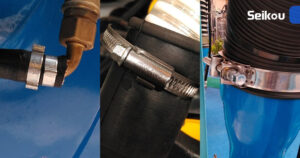
4. Five major intelligent maintenance strategies
Predictive maintenance: Analyze historical data through machine learning and warn of failures 28 days in advance
Remote calibration: Support OTA firmware upgrades under 5G networks
Stress distribution optimization: Simulate different working conditions based on digital twin technology
Environmental treatment: Intelligent decomposition indicator prompts recycling time
Safety protection: Built-in emergency pressure relief valve response time <0.3 seconds



